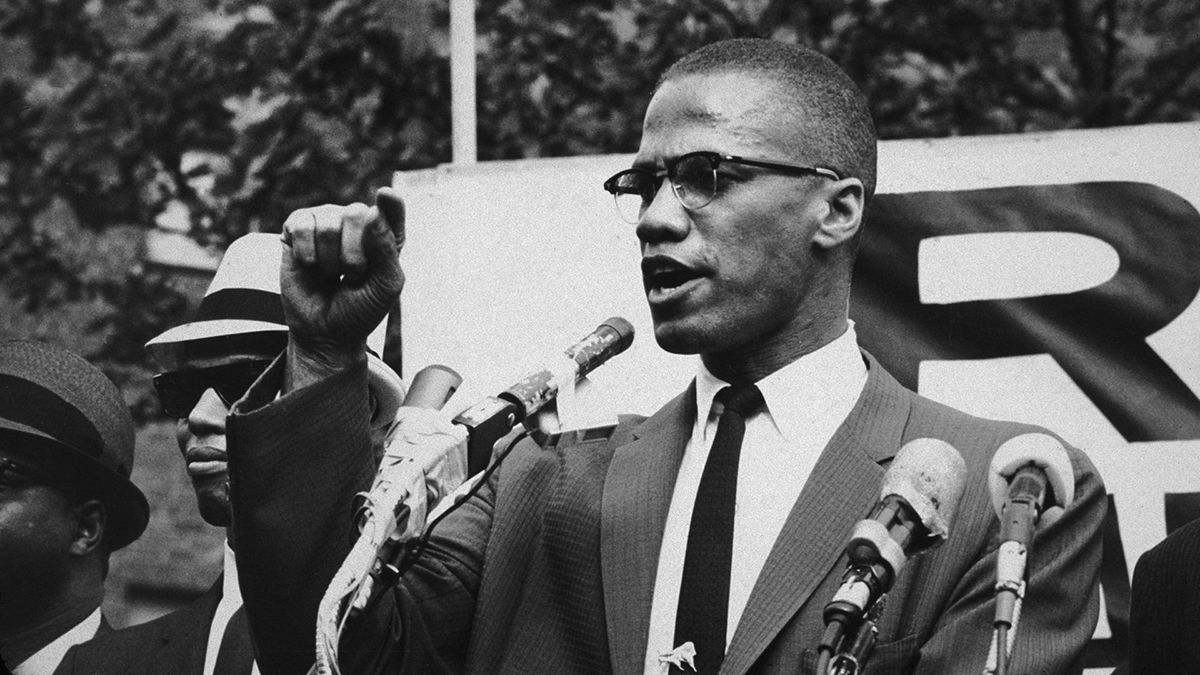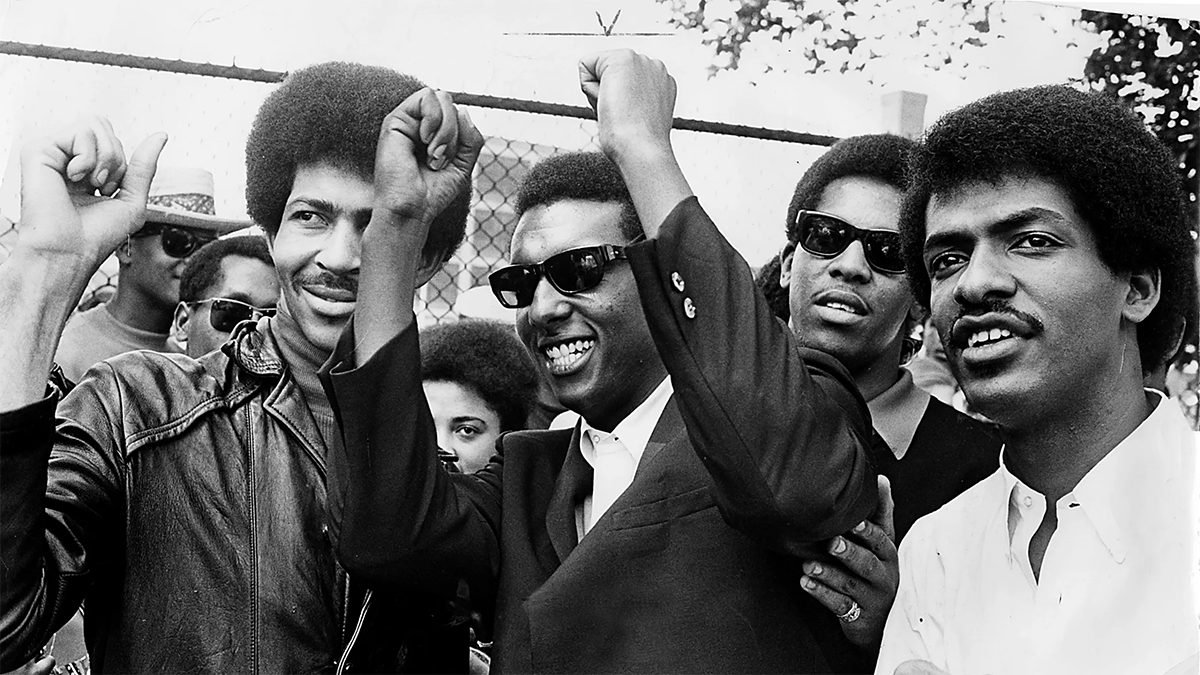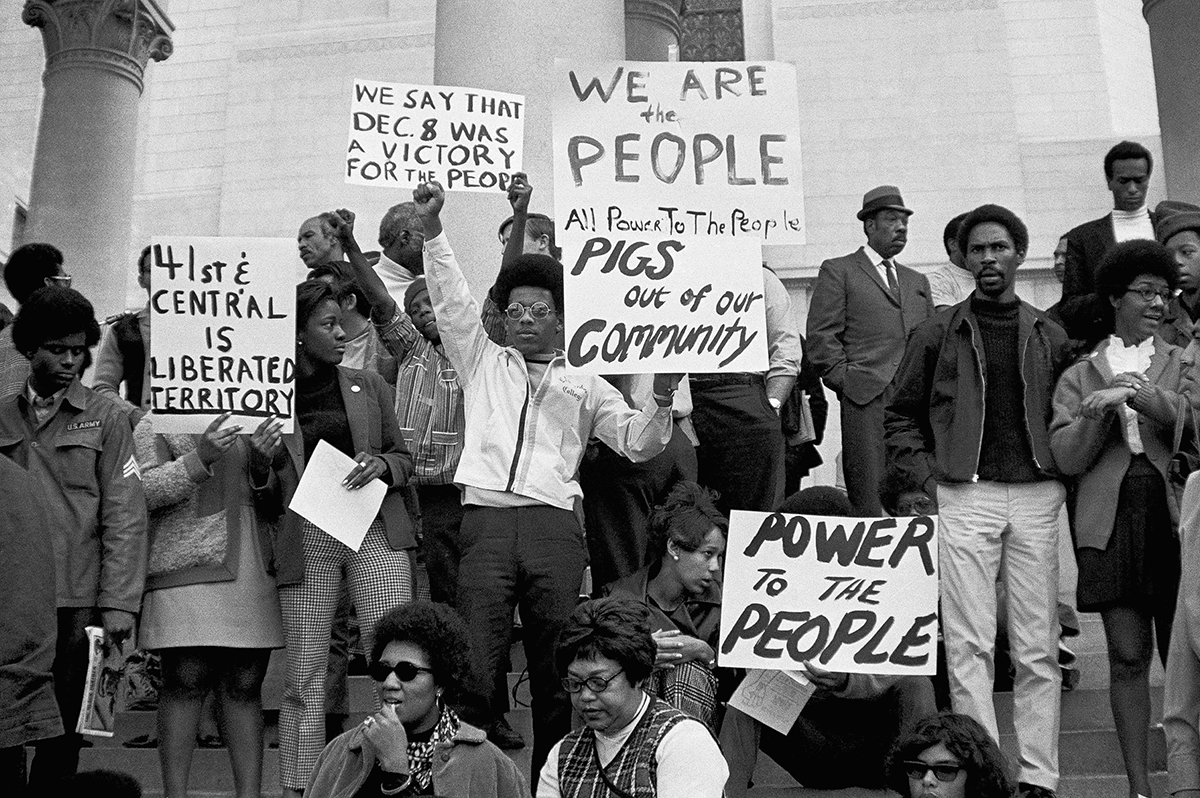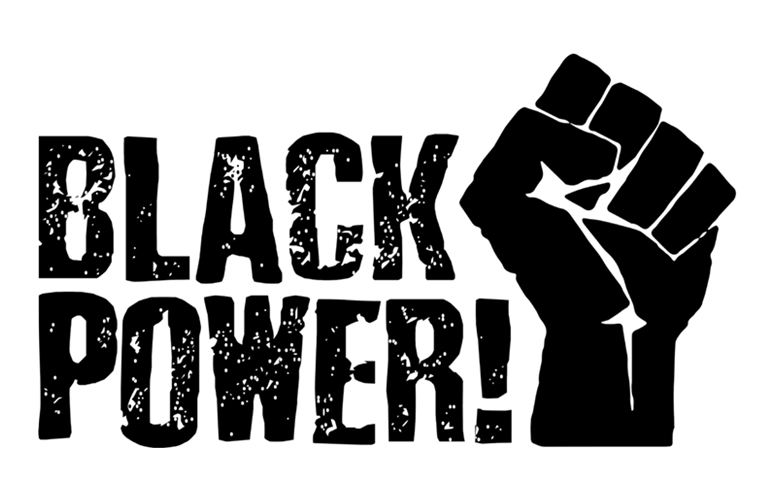The Black Power movement was a social and political movement that emerged in the United States in the mid-1960s and lasted into the 1970s. The movement grew out of the civil rights movement and sought to empower Black people and challenge the white-dominated power structure in America.
The Black Power movement was a response to the slow pace of progress in civil rights legislation and the persistent racism and discrimination that African Americans faced in American society. The movement was characterized by its emphasis on self-determination and self-defense, as well as its rejection of nonviolence as the sole means of achieving political and social change.

One of the key figures in the Black Power movement was Malcolm X, who had broken away from the Nation of Islam and embraced a more militant approach to Black liberation. Malcolm X advocated for Black self-defense and argued that Black people needed to take control of their own communities and institutions. He also emphasized the importance of Black pride and Black culture and rejected the idea of integration with white society.
Another important figure in the Black Power movement was Stokely Carmichael, who coined the phrase “Black Power” in a speech in 1966. Carmichael believed that Black people needed to assert their own political power and create their own independent organizations, rather than relying on white allies to achieve social and political change.

The Black Power movement had a significant impact on American politics and society. It helped to shift the focus of the civil rights movement from integration to Black self-determination and community control. The movement also inspired a generation of Black activists and intellectuals and led to the formation of a number of Black nationalist organizations, such as the Black Panther Party.
However, the Black Power movement also faced criticism and opposition from both white and Black critics who saw the movement as divisive and violent. Some critics argued that the movement’s emphasis on Black separatism and self-defense was counterproductive and undermined efforts to achieve racial harmony and equality.

Overall, the Black Power movement represented a significant moment in American history and continues to be an important part of the ongoing struggle for racial justice and equality.

